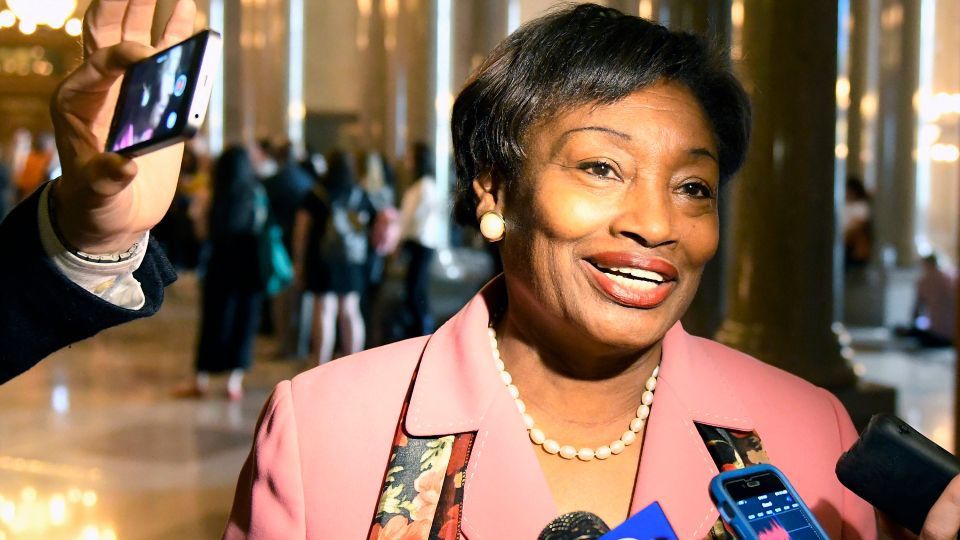New York's $6.1 billion budget gap could put a cramp in any effort to increase spending for some of the biggest ticket items this year, like spending money on schools.
But Senate Majority Leader Andrea Stewart-Cousins, in an interview on Capital Tonight on Wednesday, said her conference would work to avoid cuts in order to fill the hole.
"We've been hearing about this deficit about the last couple of weeks," she said.
"I didn't really get that education would be this, but I think what you did hear a resolve we would find a way as we always do to provide the services, that we would keep our priorities straight and we get through whatever the difficult times are and I'm committed to doing that with my partners in government."
Education spending is second only to health care in the state budget, and Medicaid is the likely focus this year amid a $4 billion deficit for the program.
Battles over education spending and policy, of course, are fights separate and apart all their own virtually every year in the budget. The most politically sensitive for lawmakers, especially in re-election years like this one, can be over how to fund schools across the state.
Balancing direct aid with property taxes, where revenue varies widely on the local level, is a perennial concern.
Without cuts or new forms of revenue, some Democratic lawmakers are also talking about raising taxes on the wealthy to help balance the budget.
Governor Andrew Cuomo, in his State of the State address on Wednesday, called the budget gap a problem, but added that he wanted a focus placed on aiding poorer schools. He did not go into details.
"I don't know what his plan is, but I know there's always been a conversation for me and my conference that we can't have children succeed in education based on their zip code," Stewart-Cousins said in the interview.
"Clearly there are some schools that need technology, they need resources, they need books. So if we're focusing on every child has the resources they need to succeed, we will be much better."


